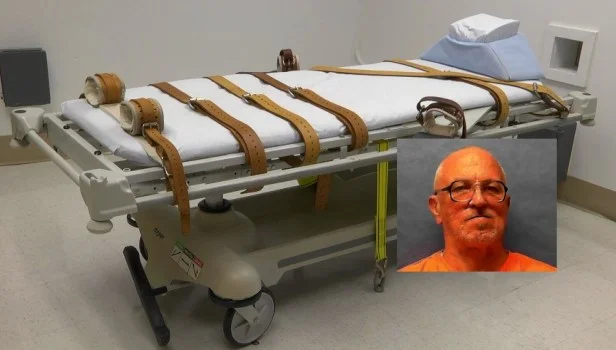
Florida’s High Court and Federal Appeals Court Refuse to Block Execution of Seminole Killer
In a significant legal development, both Florida's high court and the 11th U.S. Circuit Court of Appeals have declined to halt the execution of Michael Duane Zack III, convicted for the brutal murder of two women in the Florida Panhandle during a 1996 crime spree. The decisions pave the way for Zack's execution, scheduled for October 3, to proceed as planned, despite his legal team's efforts to argue for a stay based on his intellectual disability and fetal alcohol syndrome.
Michael Duane Zack III was found guilty of murdering Ravonne Smith, 31, and Laura Rosillo, 36, in separate incidents in June 1996. His crime spree also included other offenses such as robbery and sexual battery, which led to his arrest and subsequent conviction. Zack's legal team had filed motions citing his conditions as reasons for clemency, but both the Florida Supreme Court and the federal appeals court found no basis to intervene in the execution process.
The refusal to grant a stay marks a critical juncture in Florida's criminal justice system, highlighting the ongoing debate over the death penalty and its application to individuals with intellectual disabilities. Advocates against the death penalty argue that executing individuals with such conditions raises ethical and legal concerns, a point that Zack's defense attempted to leverage in their appeals.
As the execution date approaches, the case continues to draw attention to the complexities surrounding capital punishment and the criteria used to determine eligibility for execution. The outcome of this case may influence future legal strategies and discussions on the death penalty in Florida and beyond.